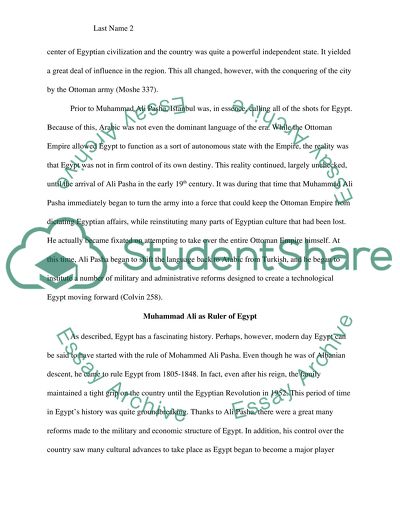Cite this document
(“Mohammed Ali Pasha three campaigns on Arabia, Greece and Syria to Essay”, n.d.)
Retrieved from https://studentshare.org/history/1404115-mohammed-ali-pasha-three-campaigns-on-arabia
Retrieved from https://studentshare.org/history/1404115-mohammed-ali-pasha-three-campaigns-on-arabia
(Mohammed Ali Pasha Three Campaigns on Arabia, Greece and Syria to Essay)
https://studentshare.org/history/1404115-mohammed-ali-pasha-three-campaigns-on-arabia.
https://studentshare.org/history/1404115-mohammed-ali-pasha-three-campaigns-on-arabia.
“Mohammed Ali Pasha Three Campaigns on Arabia, Greece and Syria to Essay”, n.d. https://studentshare.org/history/1404115-mohammed-ali-pasha-three-campaigns-on-arabia.


